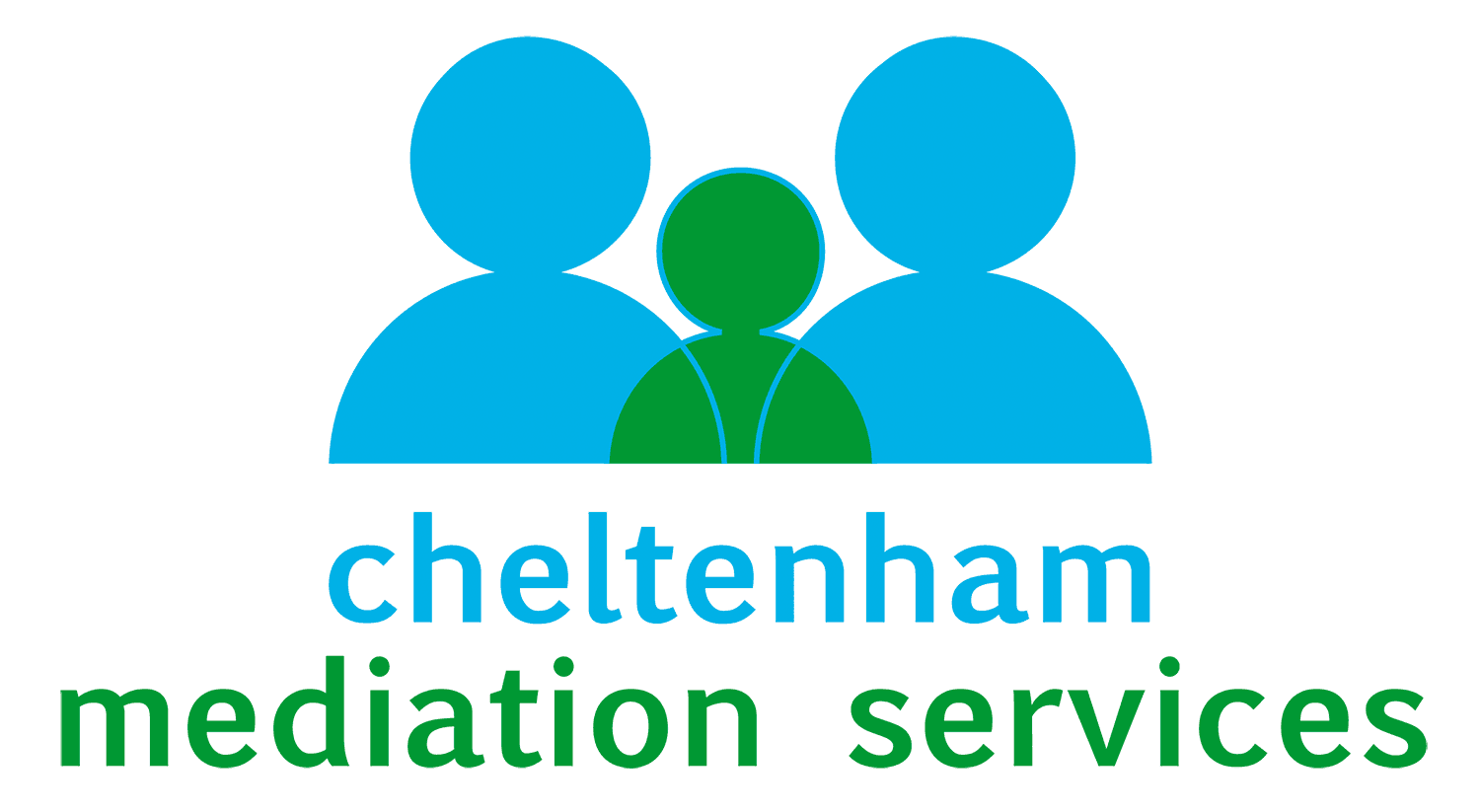‘I don’t want any mediation, thanks’
This a very good blog post, written by Lisa Parkinson a family mediator, consultant and trainer - featured on the Family Mediation Week website as part of the week-long event to help raise awareness of mediation across the UK.
Many people say this, without knowing how mediation works or how it can help separating and divorcing couples to work out arrangements for themselves and their children so that they can all settle down and get on with their lives. In a large national survey, 56% of participants said they hadn’t heard of mediation. 45% didn’t know of any ways to settle matters other than going to court. A recent survey by YouGov found 38% of people didn’t know how to settle matters without using lawyers or the courts. Even if they have heard of mediation, many people think its main purpose is to get couples to get back together. It isn’t (unless this is what both partners want and then they would be encouraged to go to counselling).
‘How much does it cost?’
This is one of the first questions people ask. Money is tight when couples split up and many are in debt. There’s no way they can afford to pay for an expensive service. Although people can no longer get legal aid for family matters from solicitors (except in very limited circumstances), those on low incomes or welfare benefits, with little or no savings, can get legally aided mediation which is completely free. What’s more, if one of them is eligible for legal aid, the initial information meeting and 1st mediation meeting are free for the other party as well. If this is what you need it’s important to find a mediator who provides legally aided mediation. Some provide it only on a private, fee-paying basis.
‘People shouldn’t be forced to mediate’
No, they shouldn’t. An article in the Observer newspaper on 6 December stated wrongly that ‘the current system, including mandatory mediation … exacerbates rather than helps‘ (don’t believe everything you read in the press – check it out!). Mediation is voluntary. It takes place only when there is willingness to take part. Before taking a dispute over children or property to court, the applicant is required attend an information meeting with a nationally accredited family mediator who explains and discusses possible ways forward. Receiving and considering information on your own is not mandatory mediation. Mediation is not always suitable, and there’s no pressure to accept it. It may be necessary to go to court, but with the knowledge that mediation is available and might become suitable at a later stage. Judges can direct people in dispute to attend individual information meetings, if they have not already done so, but judges cannot order them to mediate.
‘It’d be a waste of time. You don’t know my ex’
Of course mediation doesn’t work for everyone and can’t guarantee agreement, but a great many people who doubted it would make any difference have been surprised by the positive outcomes they achieved. Nearly 70% of separated parents who go to mediation work out mutually acceptable arrangements for their children. Many also work out terms of agreement on property, pensions etc. that can be made legally binding in a ‘consent order’, without attending a court hearing. Follow-up research found that nearly three quarters of those who had taken part in mediation were satisfied with the process. They liked having a structure in which to talk, with an agenda focused on their priorities and their children’s needs, not on what had gone wrong between them in the past. They also found it quicker and cheaper, compared to the alternatives. If more separating parents realised that continuing to argue and fight can cause lasting damage to children’s development, many more would seek mediation.
‘I’m not sitting in the same room as him (or her)’
Bringing angry people together in the same room heightens stress and in some cases wouldn’t be safe because of risks of physical violence as well as psychological distress. In such circumstances, each (ex) partner can be seen separately, even on different days, and it may be possible to work out arrangements that are safe and reliable, sometimes involving other family members in ways that both parents accept.
‘Even if we agree something, it won’t last’
A 12-year follow-up study in the US found that, as well as reducing conflict in the short term, parents who took part in mediation communicated and co-operated better in the longer term, compared with those who went to court. Just on half (49%) of the non-resident parents who used mediation continued to see their children 1- 3 times per month, compared with 14% of those who went to court. 54% said they talked with their children once a week or more, compared with 8% who had gone to court.
‘What about our children? Can someone talk with them?’
“I couldn’t get my ideas heard; mum wouldn’t let me go to court.” (12 year old girl), ““I’ve not come across anyone I can speak to and I don’t always want to share things with my mum.” (13 year old boy. “All I wanted was someone to talk to – I never had anyone” (16 year old boy), Children aged 10 and over have the right to be heard in family law processes and mediation, but they often feel excluded. Mediators with additional training can meet with young people and older children on their own, if their parents are mediating and give consent and the child consents too. Feedback from children, parents and mediators indicates that listening to young people appropriately and carefully during the mediation process has major benefits for them and for both parents.
Cheltenham Mediation Services help families across Gloucestershire with disputes after divorce and separation. If you would like to find out more about us please visit www.familymediator.org.uk or call us on 01242 220601.

